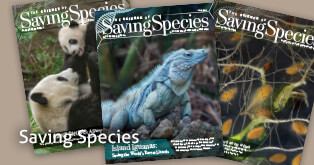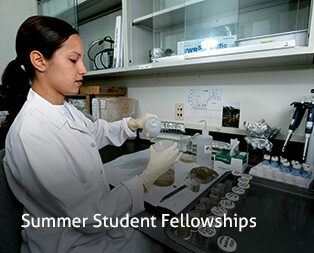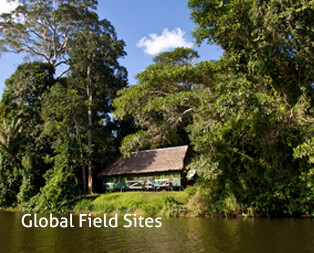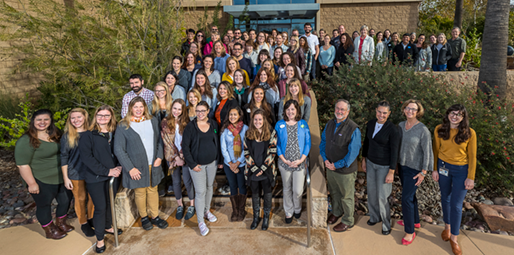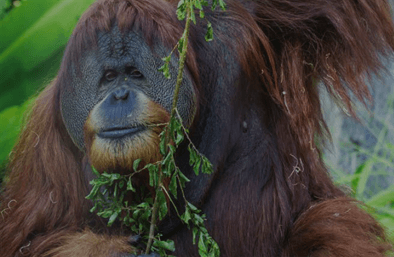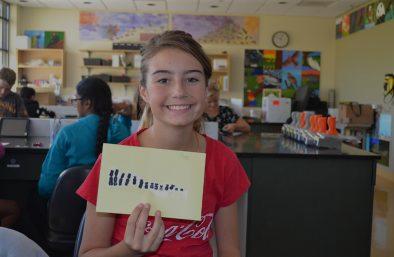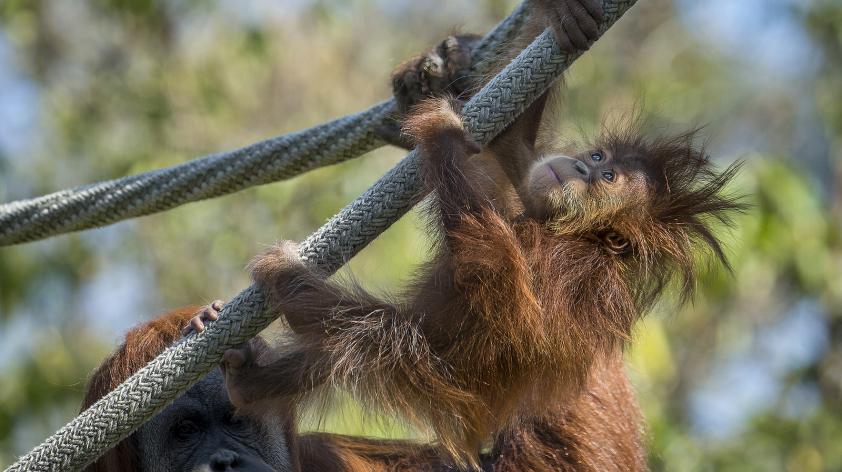
Like a Fellow, Surveying for the Very First Time
Some people are really good at talking. They make words flow and always have something relevant to retort. They always seem comfortable and make you feel at home in the conversation.
I am not one of those people.
Oh sure, I get by. I would maybe place myself somewhere in the normal range. But when you are faced with almost a month of in-person surveying, normal suddenly doesn’t seem good enough.
I have always avoided surveys like the plague. I volunteer readily for the online ones, but whenever someone starts eyeing me as I exit the grocery store, I suddenly have A Very Important Text to send.
And I know that I’m not the only one. When someone randomly approaches you with a clipboard they certainly either want your time or your money, and people are generally unwilling to part with either.
But I chose this project. I selected palm oil as the issue I wanted to explore for my summer fellowship project as part of the Conservation Education Division. It all came up rather spontaneously: I had almost had a different topic picked out when news of a new global working group hit the Institute. San Diego Zoo Global was to be the North American representative in a global behavior change campaign advocating for sustainable palm oil!
Palm oil is an inexpensive vegetable oil that is found in about 50% of products on supermarket shelves. 86% of the global supply is produced in Indonesia and Malaysia with great detriment to the environment. Through unsustainable farming, valuable rainforest habitat, home to animals like the orangutan, is transformed into palm oil monocultures at an alarming rate. And I was set on finding out how much people knew.
And so I made my way off to the San Diego Zoo and Balboa Park with my zeal, iPad in hand and adequate communication skills at the ready, expecting the worst.
But it all went so well.
Everyone was incredibly welcoming and receptive to my survey. I even had people lined up to take it at the zoo, which is unheard of (and may have been catalyzed somewhat by the free pins I was handing out to those who had completed it). I ended up collecting 235 responses! Most everyone seemed genuinely interested in learning more about palm oil and how buying sustainable palm oil could help orangutans - I was pleasantly surprised.
However, the most amazing part of surveying was being able to share in the perspectives of so many people. I’ve never been involved with a social science project before - I approached this project from a biological background - and have realized the importance of collecting data like this that allows us to incorporate individual experiences into a common solution.
I was able to talk to a young man from Singapore, a country that is often hulled in smoke from fires burning in Indonesia and Malaysia - a commonly used method to clear land for plantations.
I heard from a girl who had just done a school project on palm oil and orangutans and was excited to have been able to spread the message to her family.
I talked to someone involved with the palm oil supply chain - he had met with all the big palm oil companies I had read about.
I was very fortunate to be able to talk to people from all over the industry and world, and it really cemented the notion that the palm oil problem is a global issue. Sometimes it seems hard to contribute to the conservation of a species halfway around the world, but this crisis has an immediate local access point: your grocery store. By buying products using sustainable palm oil, everyone can become a part of the solution and contribute to protecting orangutans.
Learn more about sustainable palm oil on the RSPO website http://www.rspo.org/
Try this app next time you go shopping to help you identify sustainable palm oil in products: https://itunes.apple.com/us/app/palm-oil-shopping-guide/id671945416?mt=8



